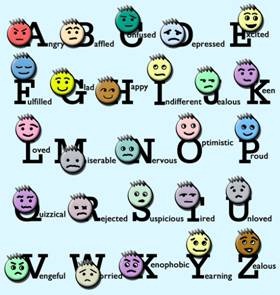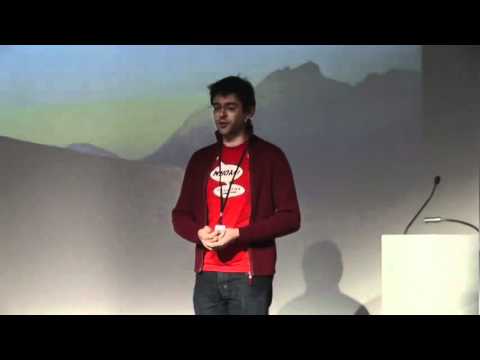
As parents, we are supposed to do what is best for our kids. One of the biggest choices we all need to make is how to develop our kids when they too young to choose for themselves. Obviously, without being able to see into their future, this could be a case of the blind leading the blind.
But maybe it does not have to be.
In the past few days, I have been reading an excellent book called Predictably Irrational by Professor Dan Ariely, a behavioral economist at MIT. In one of the chapters, he describes experiments that show humans are so sensitive to loss they do everything they can to avoid losing even things they could have, but do not actually have. One of these things, he says, is options.
In his description, he give parents’ decision-making about their children’s development as an example of how irrationally expensive it is to keep our kids’ options open. If you do the math, he says, you see that spreading the family resources over 4 different activities each week, say ballet, piano, art and karate, means your child makes 1 unit of progress in each of them every week, as opposed to choosing just one activity, say piano, which would allow the child to make 4 units of progress every week and become really good at it.
I was tempted to agree, and this post was almost about how much his point made sense, but then Eden and I went for our morning walk (it is so great she starts late on Wednesdays) and reviewed her life, the lives of Tsoof and Noff and those of other kids we know, and my view of this issue changed completely.
Read Predictably Happy Kids »















